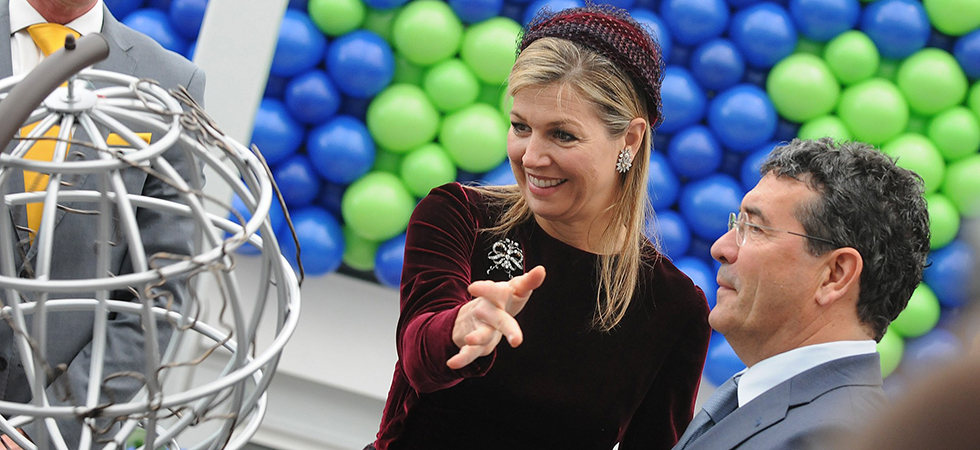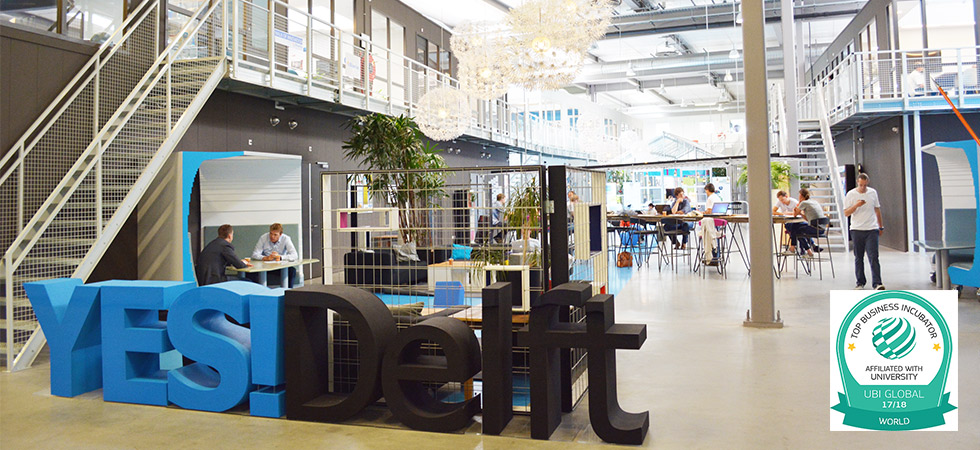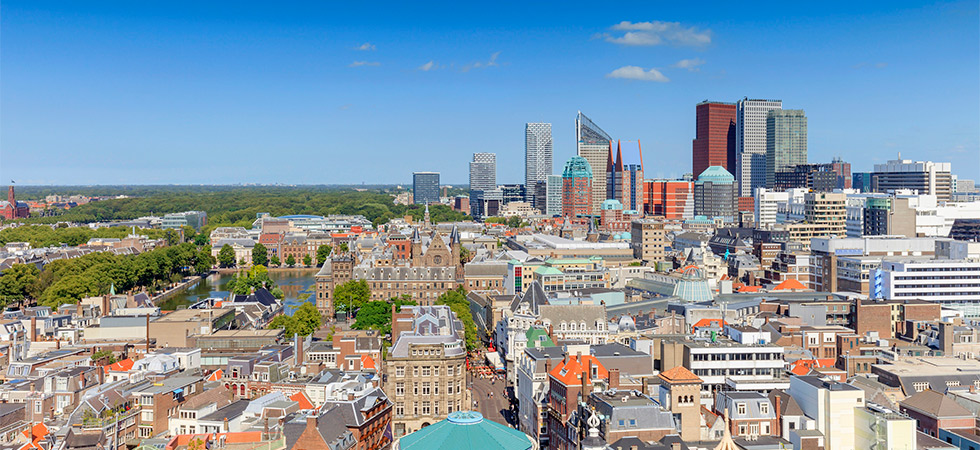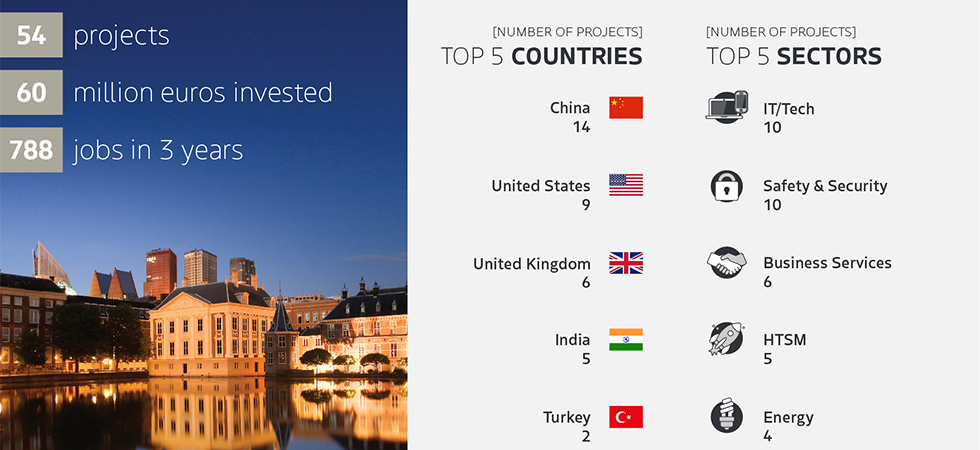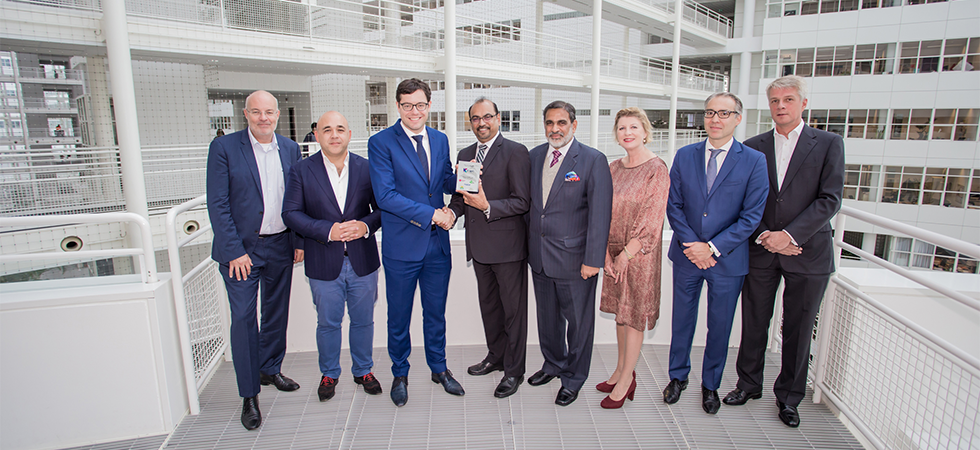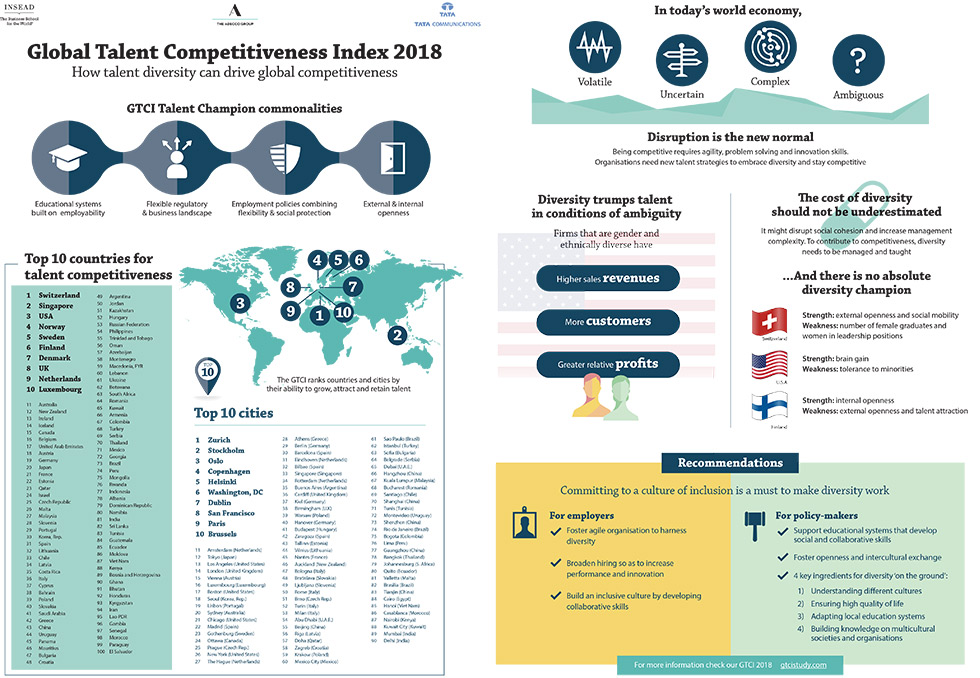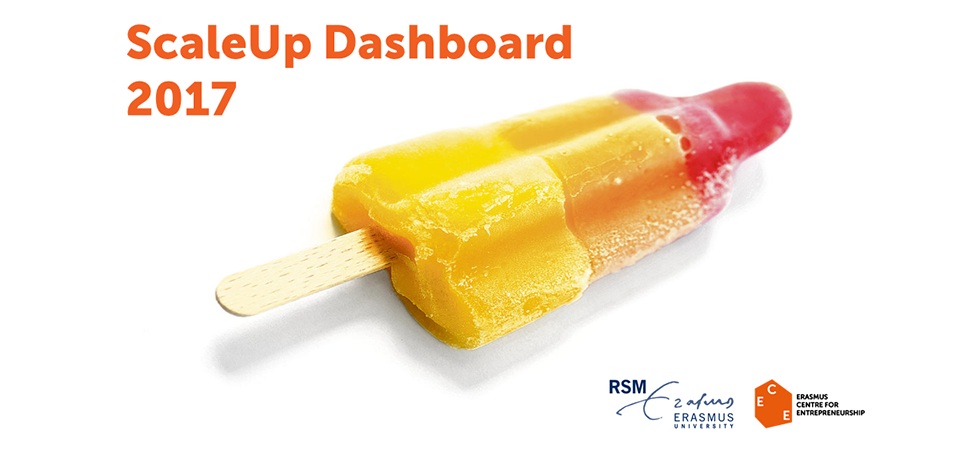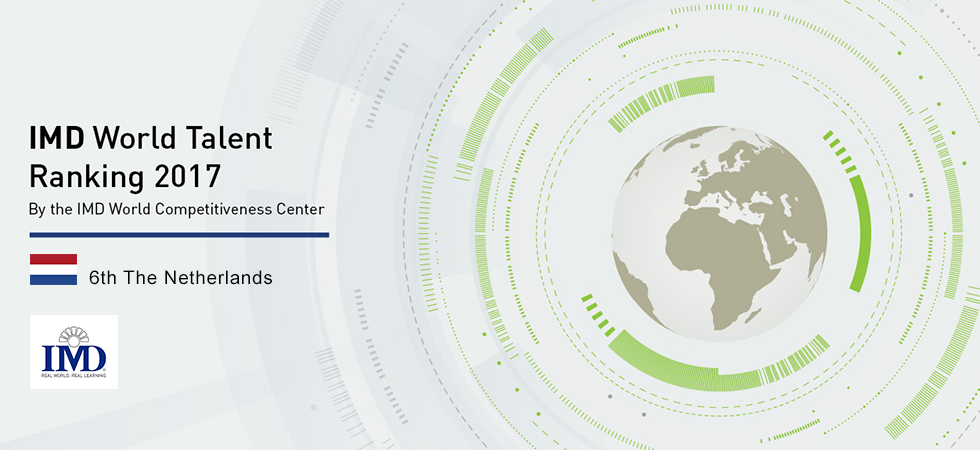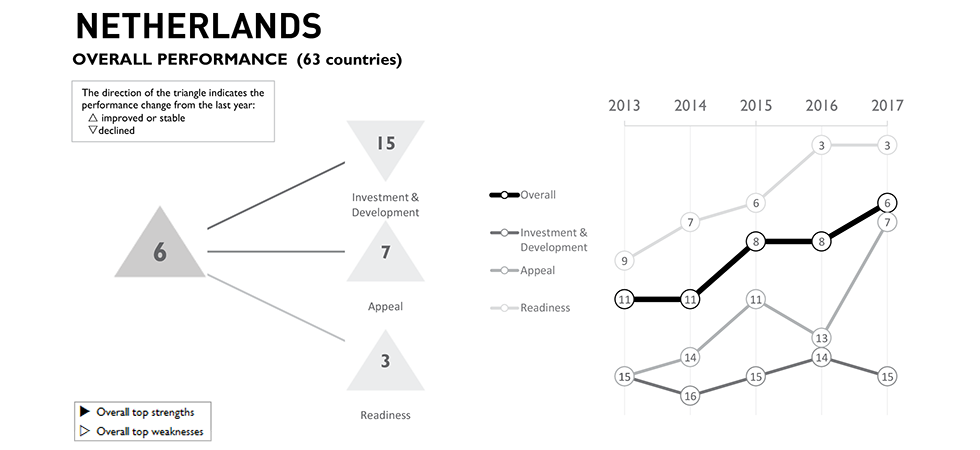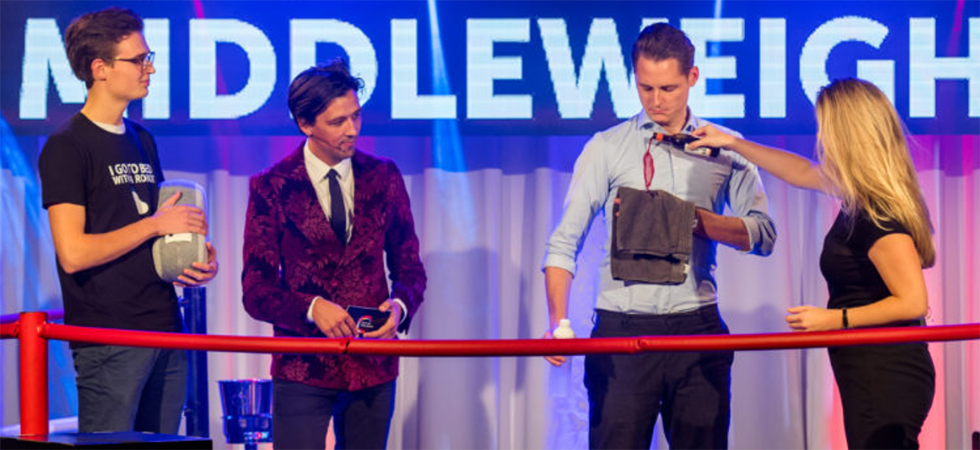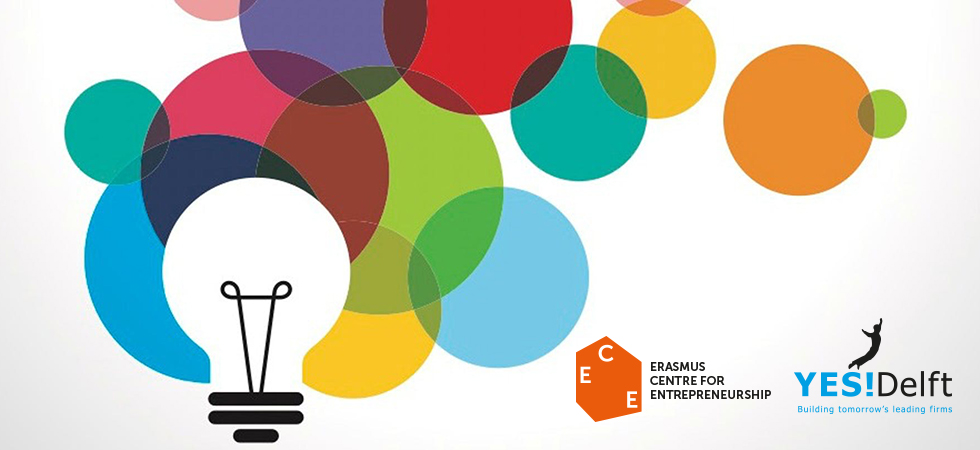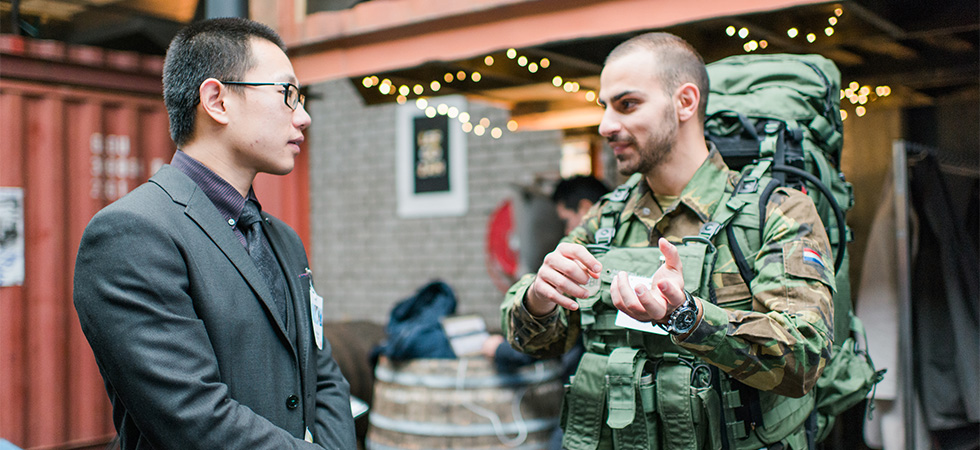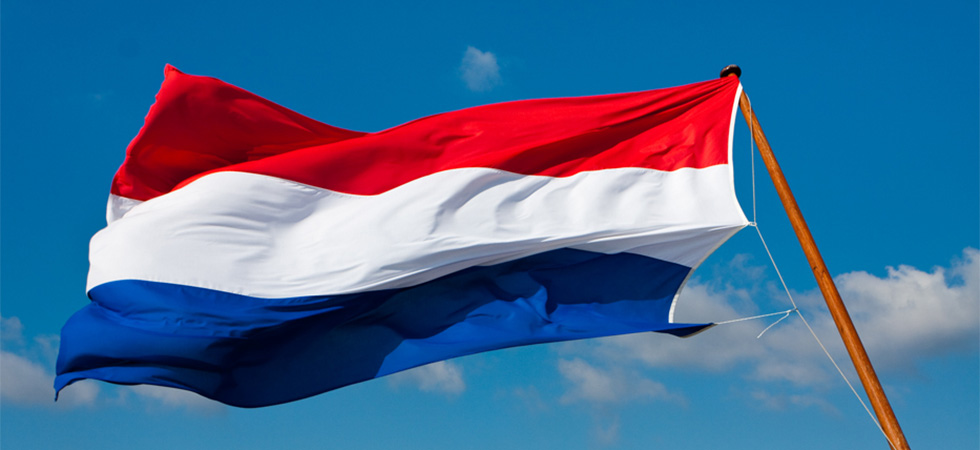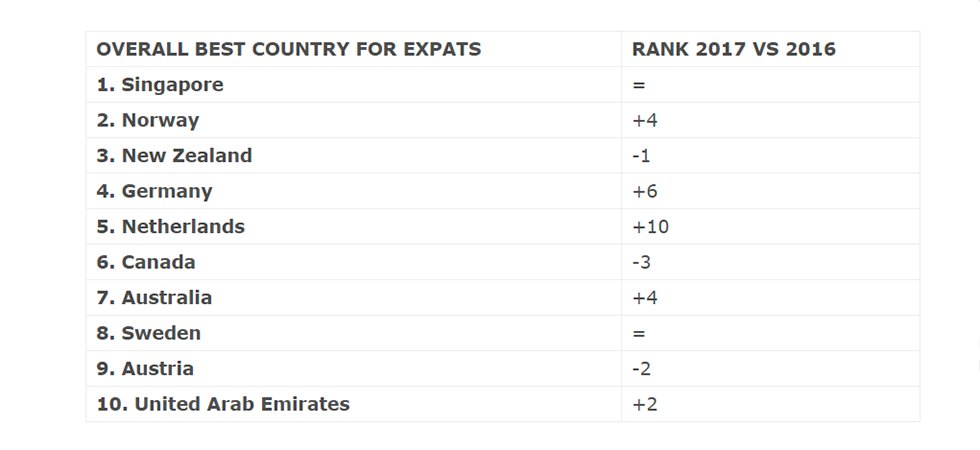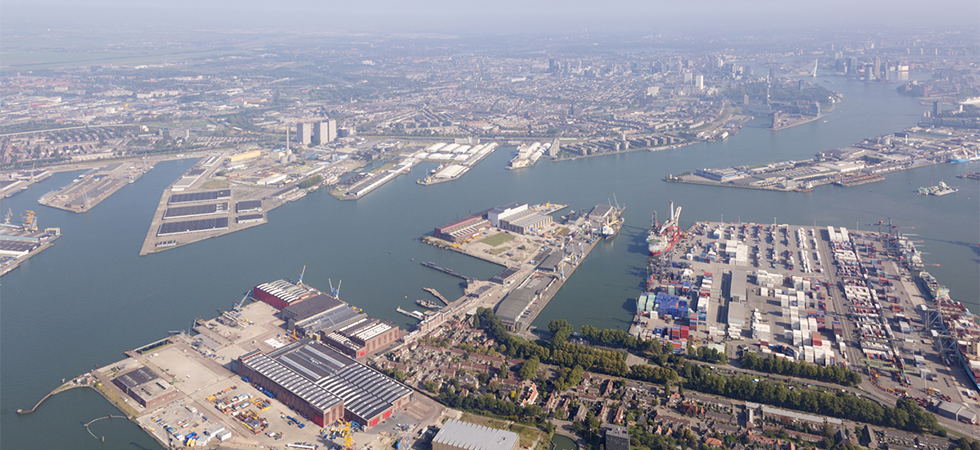
RDM Rotterdam
Most investments are from China and the United States
Most foreign companies that made a new or expansion investment in West Holland in 2017 came from China (27) and the USA (21). In recent years, the majority of firms investing in the region have come from these two countries.
Chinese companies that have set up business in West Holland include Nuctech (a security company with its European head office in Rotterdam), Astronergy (marketing and sales office for solar panels in Zoetermeer) and ZoneCom (active in the gaming sector, with its European head office in The Hague).
Major names from the US include Cisco (establishment of a local branch in The Hague), Rambus (expansion of its office and activities in Rotterdam) and DXC Technology (new Dutch head office in Rijswijk).
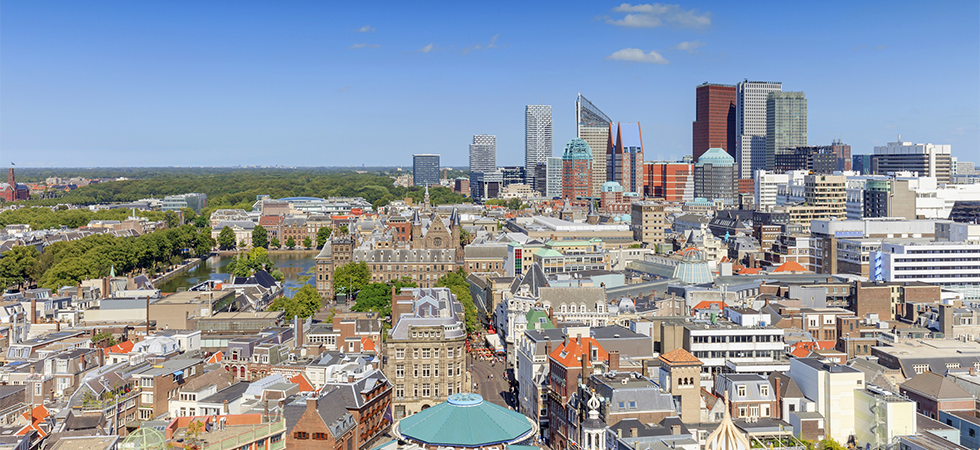
Skyline Den Haag (© Arjan de Jager)
New countries of origin, new sectors
What is striking about the figures for 2017 is the strong growth in the number of companies from India and South Africa. Eight companies from India and five from South Africa chose West Holland as their base in the Netherlands.
Also noteworthy in recent years has been the growing presence of firms active in the Next Economy. This includes a significant number of young tech companies that have made West Holland their base due to the region’s strong innovation ecosystem. No fewer than 27 of the 115 newly-established foreign firms in 2017 operate in the high-tech and IT sectors, followed by 14 in the maritime/offshore sector, 11 in life sciences & health and 10 in safety & (cyber)security.
Investor Relations programme: 289 companies visited
In addition to attracting new companies, The Hague Business Agency, Rotterdam Partners and InnovationQuarter also actively support foreign firms that have already set up business in the region. This is part of the national Investor Relations programme, which is partly financed by the Dutch Ministry of Economic Affairs and Climate Policy, the Rotterdam The Hague Metropolitan Region (MRDH) and the Province of Zuid-Holland. In 2017, the three acquisition partners visited a total of 289 companies through the programme.
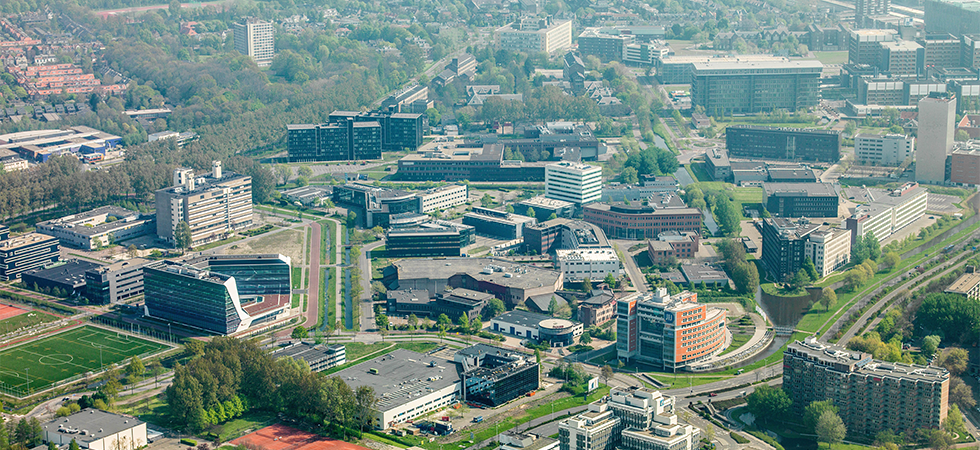
Leiden Bio Science Park (© Hielco Kuipers)
Successful cooperation on acquisition in West Holland
Attracting and retaining foreign investment is of great importance to West Holland and the Netherlands, not least in terms of economic growth and job creation. The 115 international companies supported in 2017, for example, are expecting to create 1,986 new jobs within three years and to secure 366 existing jobs. These companies are jointly investing 543.79 million euros in the region.
The 115 investment projects are the result of a joint effort by the regional agencies Rotterdam Partners, The Hague Business Agency and InnovationQuarter in association with the Netherlands Foreign Investment Agency (NFIA), an operational unit of the Ministry of Economic Affairs and Climate Policy, and strong clusters such as Medical Delta, Maritime Delta and The Hague Security Delta. The acquisition partners have been collaborating closely since 2014, both strategically and in practice, and have achieved great success. Over the last three years, the number of projects implemented in cooperation with the NFIA has risen by no less than 76% (*). Moreover, 31% of all foreign companies that established themselves in the Netherlands during 2017 opted for West Holland, well above the region’s share in the national economy. In 2014, it was 20%.
* This concerns the projects completed by Rotterdam Partners, The Hague Business Agency and InnovationQuarter in collaboration with the NFIA (Netherlands Foreign Investment Agency).



